
Recommendation
getAbstract finds that this concise, clearly written and hard-hitting book by Paul Collier, one of the world’s leading experts on Africa, is a must-read for anyone concerned with development, economic justice, trade, immigration, terrorism and related issues. The author has scant patience with sacred cows of either the right or the left. He penetrates the fictions and fantasies that have helped drive not only unproductive but actually counterproductive policies on aid, trade, investment and more. The book is enlightening, and entertaining in the way that good satire is entertaining. It is also inspiring, since Collier goes beyond merely identifying problems: He offers credible suggestions for solutions.
Summary
About the Author
Paul Collier is professor of Economics and director of the Centre for the Study of African Economies at Oxford University. Formerly director of development research at the World Bank, he also wrote Breaking the Conflict Trap.








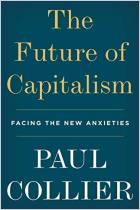

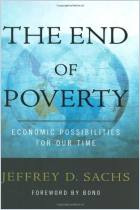

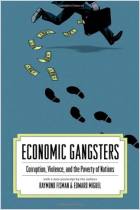
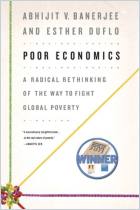
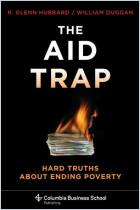




Comment on this summary or Start Discussion